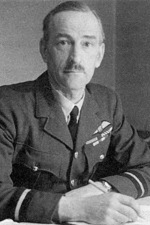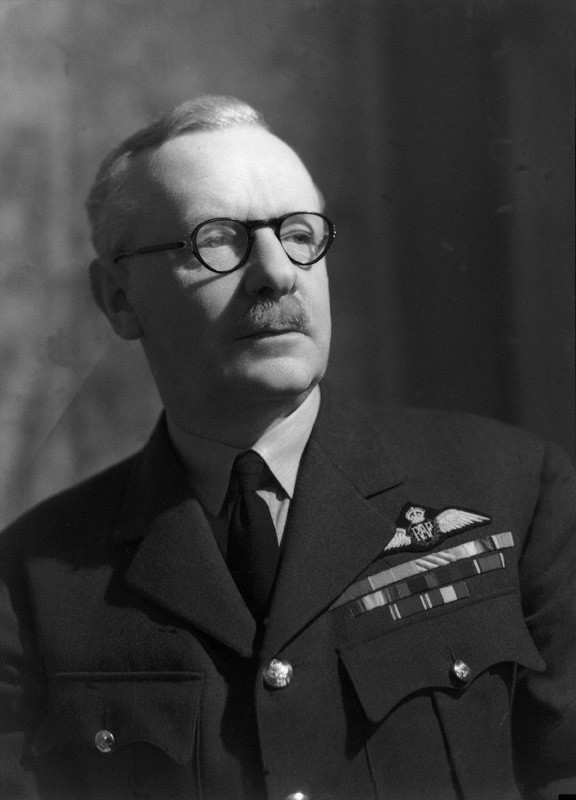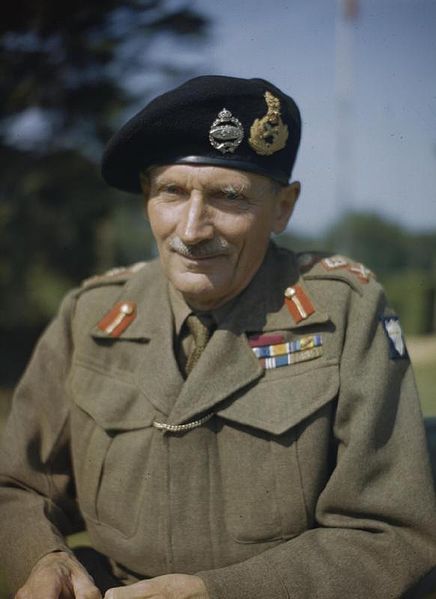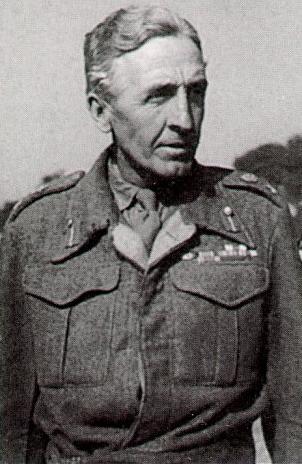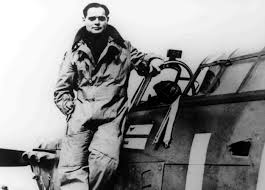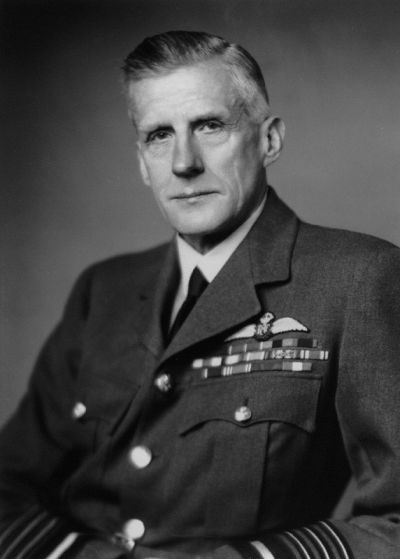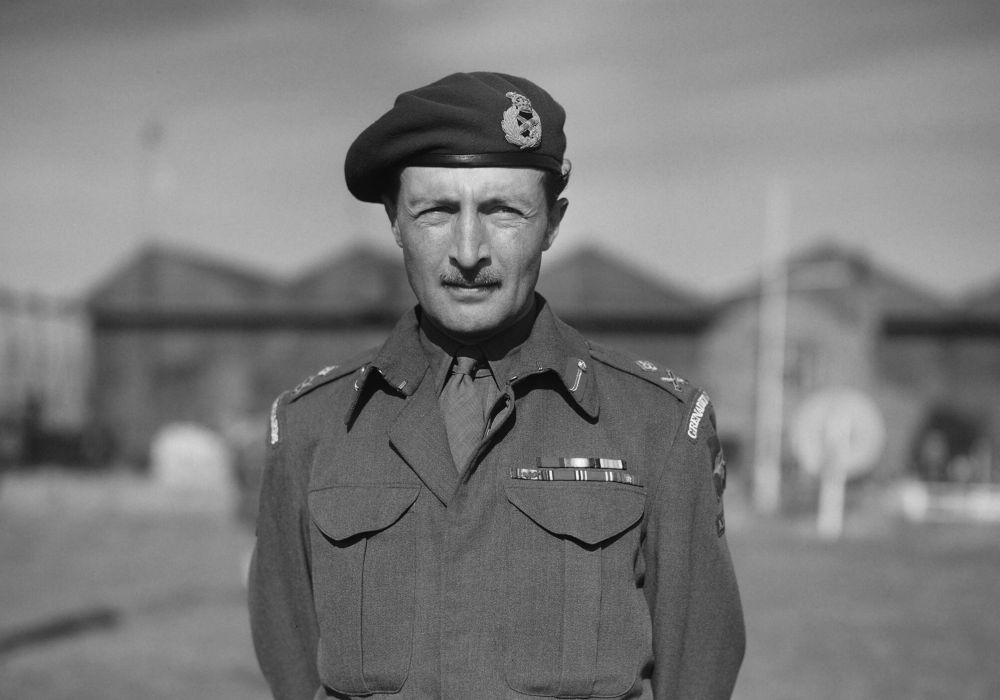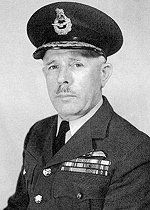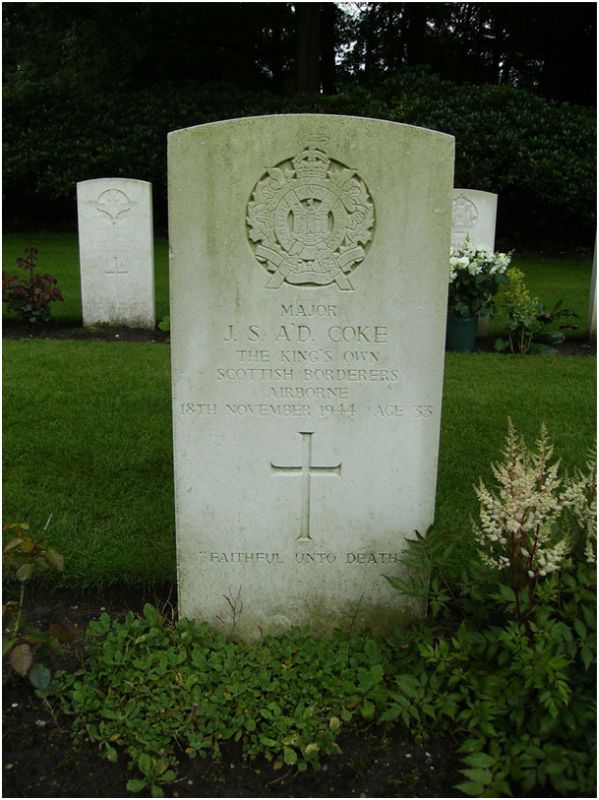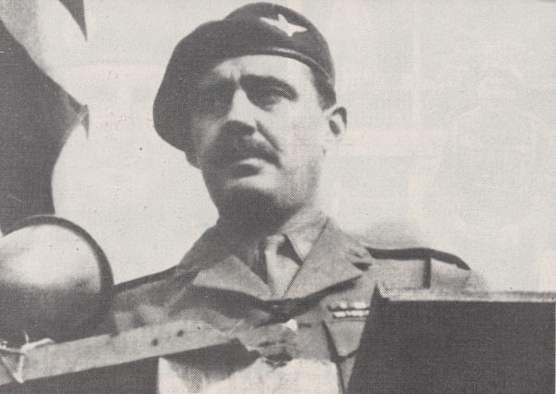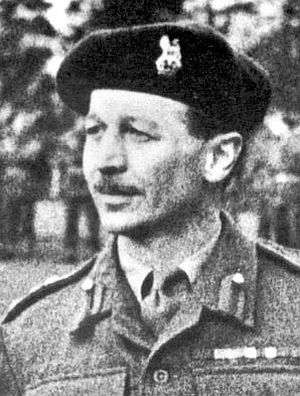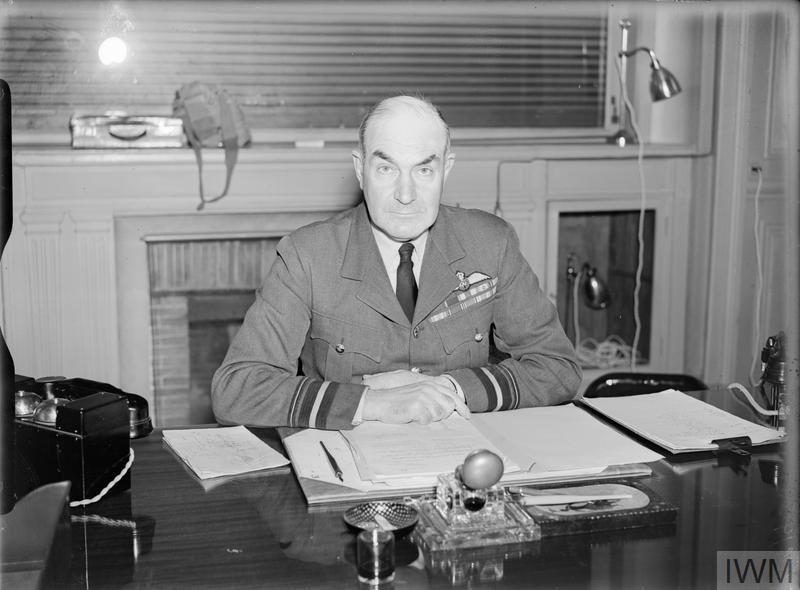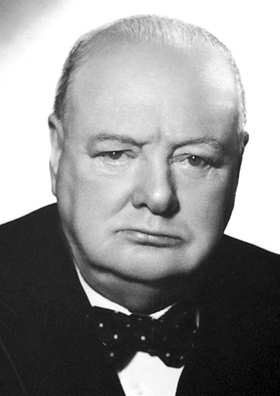Articles
- Article by Pieter Schlebaum
- Published on April 20th, 2015
Alec Coryton
Air Chief Marshal Sir Alec Coryton was in command of No.5 Group Bomber Command from April 1942 till February 1943. His colleagues regarded him as a first-class leader, capable and knowledgeable. Under his command No.5 Group carried out a couple of well-known and daring raids, like the bombing of Le Creusot on 17 October 1942. However, the successful Coryton fell into oblivion when he was released of his command because he was said to be too worried about the fate of the men under his command.
- Article by Pieter Schlebaum
- Published on August 31st, 2015
Arthur Harris
Arthur Harris’ name is indelibly associated with the bomber war. He led Bomber Command from February 1942 until the end of the war against Germany. During the war he was regarded as one of the greatest allied commanders, who had taken over the Command at a critical point and moved it into higher gear. But he became the target of much criticism in the last stages, especially after the bombing of Dresden. Controversies and deep differences of view still run deep, in the United Kingdom as well as abroad. Some people, especially Bomber Command veterans, think of Harris as a war hero who was badly treated by his country after the war. Others have been sharply critical about Harris carrying out the strategy of area bombing until the end of the war. When the plans for a statue in London were made public in 1991 this gave rise to a storm of protest as well as support. The Mayor of Cologne even wrote Queen Elisabeth appealing to her not to take part in the unveiling ceremony. It makes Arthur Harris no doubt one of the most controversial figures of the Second World War.
- Article by Wesley Dankers
- Published on October 4th, 2016
Bernard Montgomery
Field marshal Bernard Montgomery is not undisputed. On the one hand, he was the one who defeated the German Afrika Korps in late 1942 adding a little luster again to the blemished British blazon; he was also very much concerned about the fate of his soldiers. On the other hand he was known as egocentric, tactless and insinuating, especially to the Americans. He also was the mental father of Operation Market Garden which ended in disaster. Walter Bedell Smith, Chief of Staff of Dwight Eisenhower during the war, said to him: "You may be great to serve under but you sure are hell to serve over."
- Article by Kees Jan Koster
- Published on October 14th, 2016
Brian Horrocks
Brian Horrocks was born September 7th , 1895 in Ranikhet, India. He was the son of Sir William Horrocks, a physician in the Royal Army Medical Corps. Brian went to boarding school in England and ended up in the Royal Military College in Sandhurst. He was not exactly a promising student and would not even be granted a commission, provided he did improve his records fast. In August 1914 he was posted to the Middlesex Regiment from Sandhurst. In October, he was injured near Ypre in Belgium and taken prisoner. Despite a few failed attempts at escape he remained in custody for the duration of the war.
- Article by Wesley Dankers
- Published on March 31st, 2016
Douglas Bader
"Don't listen to anyone who tells you that you can't do this or that. That's nonsense. Make up your mind, you'll never use crutches or a stick, then have a go at everything. Go to school, join in all the games you can. Go anywhere you want to. But never, never let them persuade you that things are too difficult or impossible."
- Article by Pieter Schlebaum
- Published on April 20th, 2015
Edgar Ludlow-Hewitt
Air Chief Marshal Sir Edgar Ludlow-Hewitt isn't very well-known for his role in the Second World War. He was the commander of RAF Bomber Command from 1937 and also during the first eight months of the war. During his command he started a very important discussion, for which Sir Arthur Harris would admire him later. Apart from that nobody else in the history of the Royal Air Force held the rank of Air Chief Marshal longer than Ludlow-Hewitt.
- Article by Wilco Vermeer
- Published on December 27th, 2023
Frederick Browning
Frederick Arthur Montague Browning was born 20 december 20, 1896 in Kensington (Londen), the first son of wine merchant Frederick "Freddie" Henry Browning and his wife Anne "Nancy" Browning-Alt. In 1905, he went to the West Downs School in Winchester (Hampshire) and was sent to Eton in 1910. There he joined the army clas and the officers trainiing course. After graduation he wanted to go the Royal Military College at Sandhurst. Unfortunately, he failed the entrance exam but the principal of Eton, Edward Lyttelton stood up for him and he was admitted after all on December 27, 1914.
- Article by Pieter Schlebaum
- Published on November 29th, 2013
George Brookes
Air Vice Marshal George Brooks, English by birth, was in charge of the Canadian Group within Bomber Command during the period 1942 – 1944. He had been able to establish from abroad and out of nothing at all a complete Group and to prepare it for battle. The British government was very impressed by this achievement and awarded him the Order of the Bath. The chief of Bomber Command, Air Marshal Sir Arthur Harris, however was not satisfied with Brookes and took his command away from him.
- Article by David Izelaar
- Published on June 28th, 2015
John Coke
The British Major John S.A. Coke, nicknamed ‘Corgi’, was born on September 7, 1911 and was killed at the age of 33 on November 18, 1944. He was the son of Brigadier General Edward D’Ewes Coke (1872-1941) and Helen Maud A’ Deane (1876-1956).
- Article by STIWOT translator
- Published on August 17th, 2015
John Frost
John Dutton Frost (Poona, India, 31 December 1912 - West Sussex, England, 21 May 1993) was a British officer that as lieutenant-colonel tried to conquer the Rhine Bridge in Arnhem in 1944.
- Article by Fred Bolle
- Published on August 10th, 2012
John Hackett
John Winthrop Hackett was born on November 5th, 1910 in Perth, Western Australia and was the son of Sir John Winthrop Hackett, a prominent Australian judge and owner of two Australian newspapers. After leaving high school in Geelong he went to the London Central Art School where he followed an education to become a painter artist. Thereafter he frequented New College in Oxford which he finished with a master’s degree in literature.
- Article by Wilco Vermeer
- Published on November 2nd, 2014
Winston Churchill
In a time when Great Britain was going through its darkest period, there was only one man who could lead the nation through it: Winston Churchill. Churchill was, in spite of his stubborn and tactless disposition, an excellent strategist who knew how to motivate people at the right time. Able to command the respect of Roosevelt, Churchill received support from the United States, without directly involving them in the war. And he was the man who, in spite of his distaste for communism, realised that Britain needed to embrace Stalin as an ally after the German invasion of the Soviet Union.
